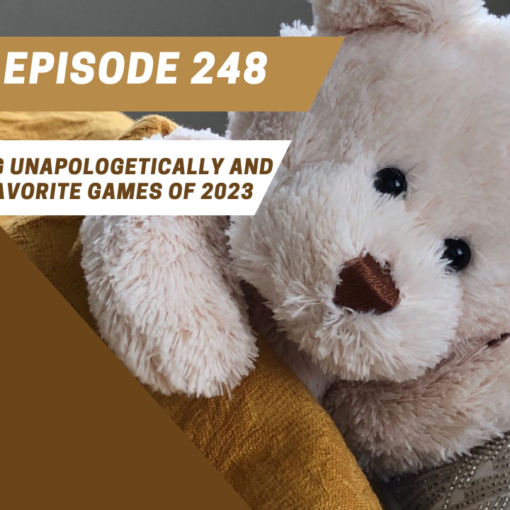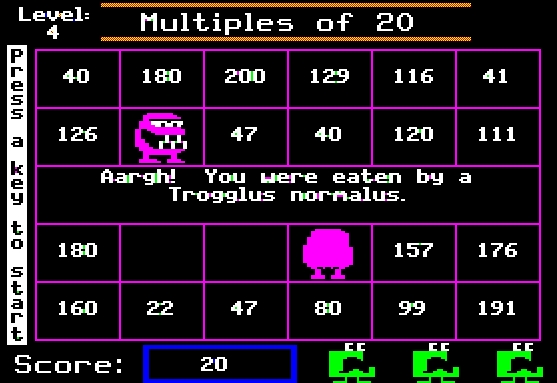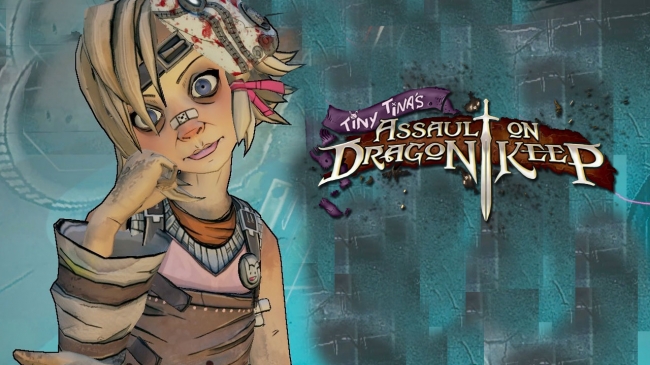This morning, I stumbled across a thread in the Gamer’s Lounge on Slickdeals.net called How to Find Gamers in your Age Bracket. I clicked on it thinking I might find some ideas on finding gamers my own age, but when I realized the thread was from a mother (or father) wondering how to help her 14-year-old daughter find friends to play online with, I thought “oh boy, what a can of worms.” Then, I got mad because it shouldn’t be a can of worms. A 14-year-old girl should be able to play her Xbox 360 or PS3 online and expect to have a fun and respectful gaming session. But, we all know that she can’t do that.
The thread’s OP makes it clear that the daughter will be supervised, but even with supervision, the 14-year-old girl would be vulnerable to comments and innuendos that are typically found in online gaming. One of the suggestions to getting around this is to play without a headset, so she doesn’t have to hear it. How sad that playing without a headset is how girls can play without being abused. One commenter writes, “There is no place on Xbox that I would want any child I care about roam free.” How sad. True, but sad.
The OP indicates the daughter would also like to find friends she knows in real life to play games with online. The suggestions here aren’t especially bad, and include things like “Put a Halo sticker in the locker, get a Lara Croft trapper keeper, change your ring tone to “It’s me, Mario!” Good suggestions for meeting people with similar interests in general, but then the very next comment says, ”she must know a few boys in school that play so that’s a good place to start.” And, so there it is. Girls don’t play. I feel like, for the most part, the commenters in this thread were trying to give good advice for a girl in (an unfortunately) bad situation. A situation that increasingly irritates me because it seems like a never-ending battle.
I don’t have kids, so I can only comment as someone who used to be a 14- year-old girl who played games. After reading the thread, I tried to think how my own parents would have handled this situation. I’m old; we didn’t have the Internet when I was 14. But, I did spend a lot of Friday nights playing Punch Out with my best friend at the bowling alley. Our parents dropped us off and picked us up (later we drove ourselves, but I found out later my parents were spying on us anyway. I thought my parents were a tad overprotective at the time: 11:00 curfew, no phone calls after 8:30pm.) I remember various encounters with creeps in the bowling alley; not surprising, really, we were two young girls along in the arcade. But, I also recall police or security guard presence (I don’t remember which it was). We felt safe enough at the bowling alley. And, I definitely felt safe at home, but I can only imagine that the mere thought that a game console could invite creeps right into my room would have resulted in the quick removal of said console from my room.
Technology changes things. People do things under the anonymity of online that they would likely not do in person. We have to acknowledge this, of course. But, how do we change it? Here we are in 2014, and a 14-year-old girl really cannot play online with a headset (or a camera, but probably no one needs to use the camera). The manner in which people conduct themselves online is a direct reflection of and a contributor to the ongoing brokenness of our society. This thread bothered me, I think, because the general tone is one of “of course she can’t play online,” which is true in some sense, but when does the conversation turn to “of course, you can’t act like that online”?
I’m not 14 anymore, but I still won’t play online. I’m old enough to know how to deal with it, but I just don’t want to. A girl who is 14 years old likely does not know how to handle it. The mother (or father) who started this thread was looking for real suggestions for getting past this problem. But what message does “don’t use a headset” send? To me it sort of sends the message that girls can participate in games, but not fully. We are not full members of the gaming community.




